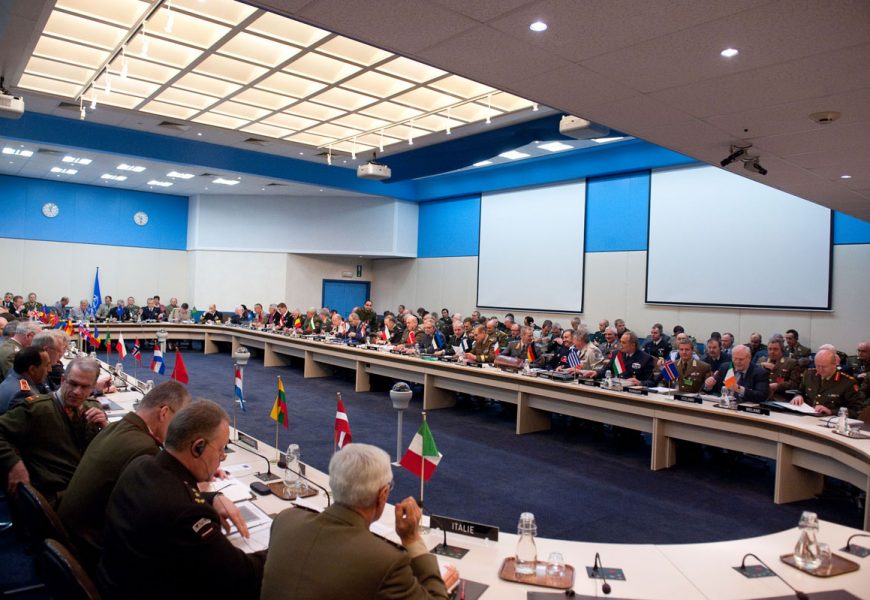Meeting of NATO Military Committee
Chief of General Staff of the Croatian Armed Forces, General Josip Lucic, on 26 and 27 January 2011, has been attending a two-day session of the NATO Military Committee attended by chiefs and military representatives from 66 countries, NATO and other partner countries, in Brussels.
On the first day, the meeting of the Chiefs of Defence of NATO member states and their partners from Mediterranean Dialogue has been held. They discussed issues of common security and further enhancing of cooperation in the Mediterranean, in accordance with the new Strategic Concept adopted by NATO at the summit in Lisbon late last year. Cooperation between NATO and Mediterranean states in the format of the Mediterranean Dialogue, in addition to NATO member states, also include Algeria, Egypt, Israel, Jordan, Mauritania, Morocco and Tunisia.
The partnership and cooperation were discussed also on the Euro-Atlantic Partnership Council. New NATO Strategic Concept puts special emphasis on strengthening cooperation with NATO partners in the context of their contribution to cooperative security as one of the three basic tasks of NATO. Euro-Atlantic Partnership Council format includes 28 NATO members and 22 partners, many of which give a remarkable contribution to the common initiatives and NATO operations.
One of the topics were operations KFOR, Active Endeavour and the Ocean Shield, where it was concluded that the security situation in Kosovo improved, allowing the gradual reduction of military presence of the international community. NATO’s maritime operation, Active Endeavour and the Ocean Shield, are gaining in importance and represent extremely good cooperation with other organizations and countries in coping with the growing security threats at sea.
Chiefs of defence of NATO member countries discussed the implications of the new NATO Strategic Concept, which as a NATO top policy document in the coming decade, would be the basis for defence and military planners in the development of capabilities and forces for the fundamental tasks of the Alliance.
At the NATO-Russia meeting, an evaluation of current cooperation between NATO and Russia were assessed, where it was noted that a successful military cooperation in 2010 was an indicator of positive trends. NATO members and Russia agreed on the need to further develop cooperation in all fields, especially in the military sphere, which was in the interests of all involved.

